Debt Settlement in New Hampshire
Debt Settlement Experts
Are you drowning in debt and overwhelmed by constant stress? At Second Start Financial, we understand the challenges that come with excessive debt, and we’re here to help. We know that many hardworking New Hampshirites are struggling to keep up with credit card bills, medical expenses, and other unsecured debts, often due to circumstances beyond their control. That’s why we’re dedicated to providing personalized debt settlement services to help you achieve financial freedom. Our experienced professionals will work with you every step of the way to create a customized plan that fits your unique needs and goals. With our help, you can break free from the burden of debt and start building a brighter financial future.

How Professional Debt Settlement
New Hampshire Can Help You

Avoid Bankruptcy
Prevent the long-term consequences of bankruptcy by settling your debts instead.
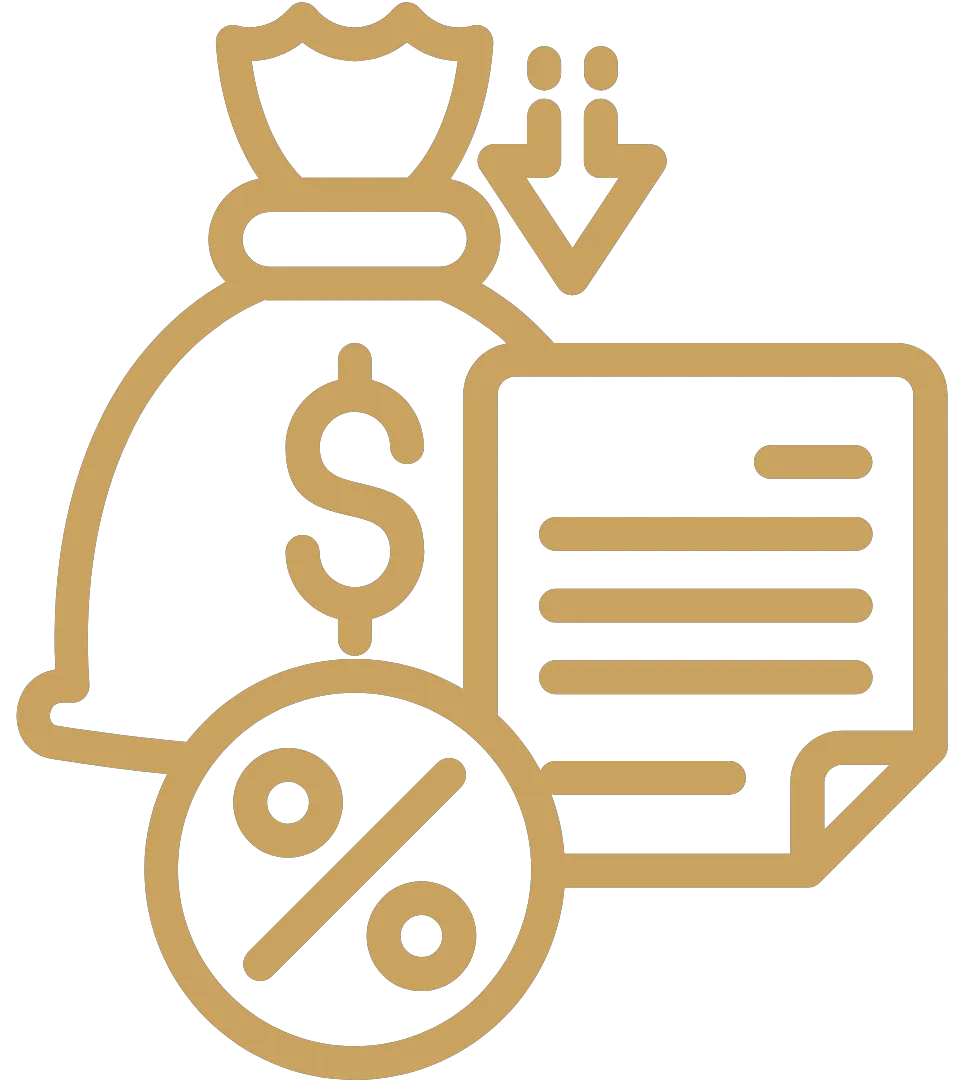
Lower Balances
Negotiate with creditors to reduce your outstanding balances and pay less than you owe.
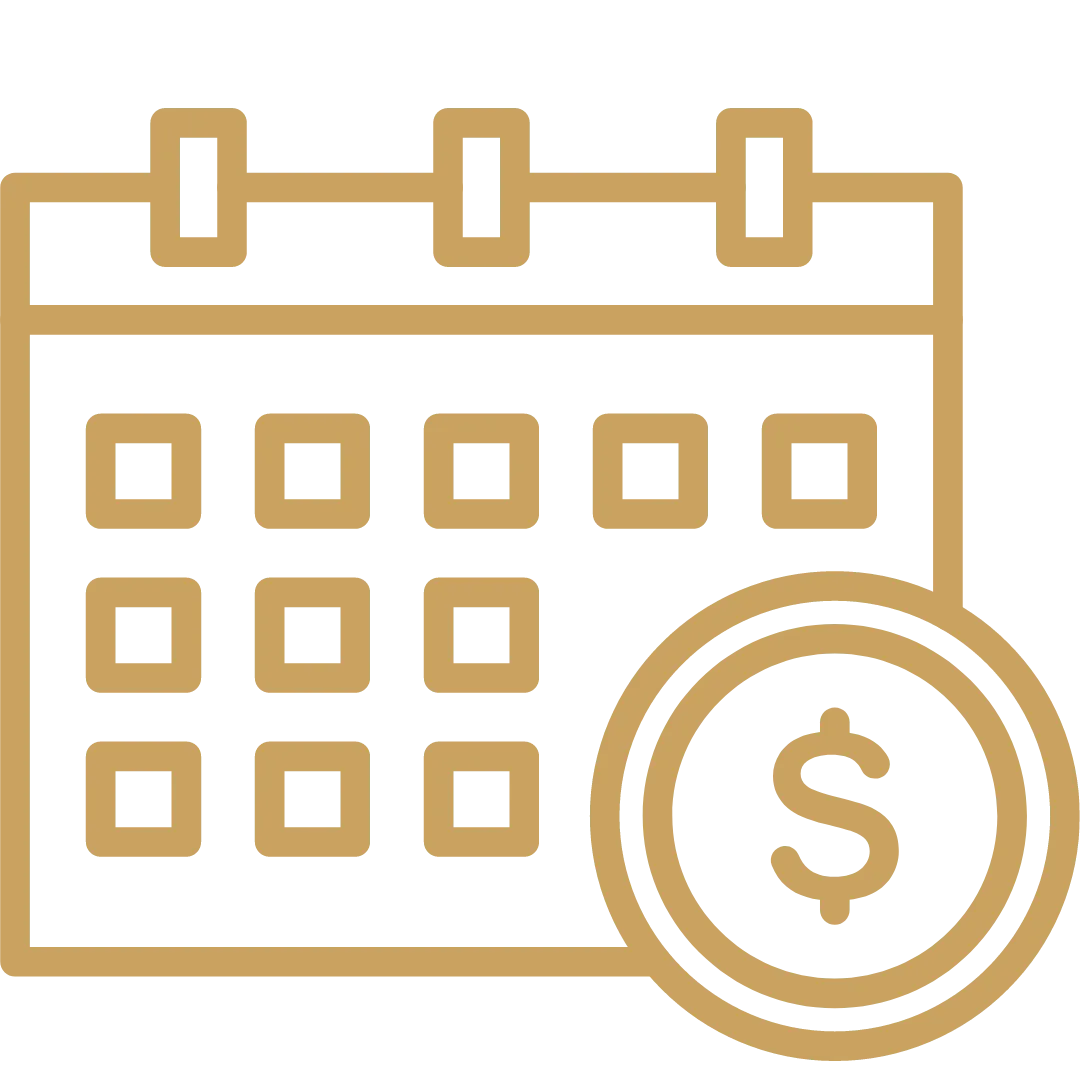
One Monthly Payment
Simplify your debt repayment process by making a single, affordable monthly payment.
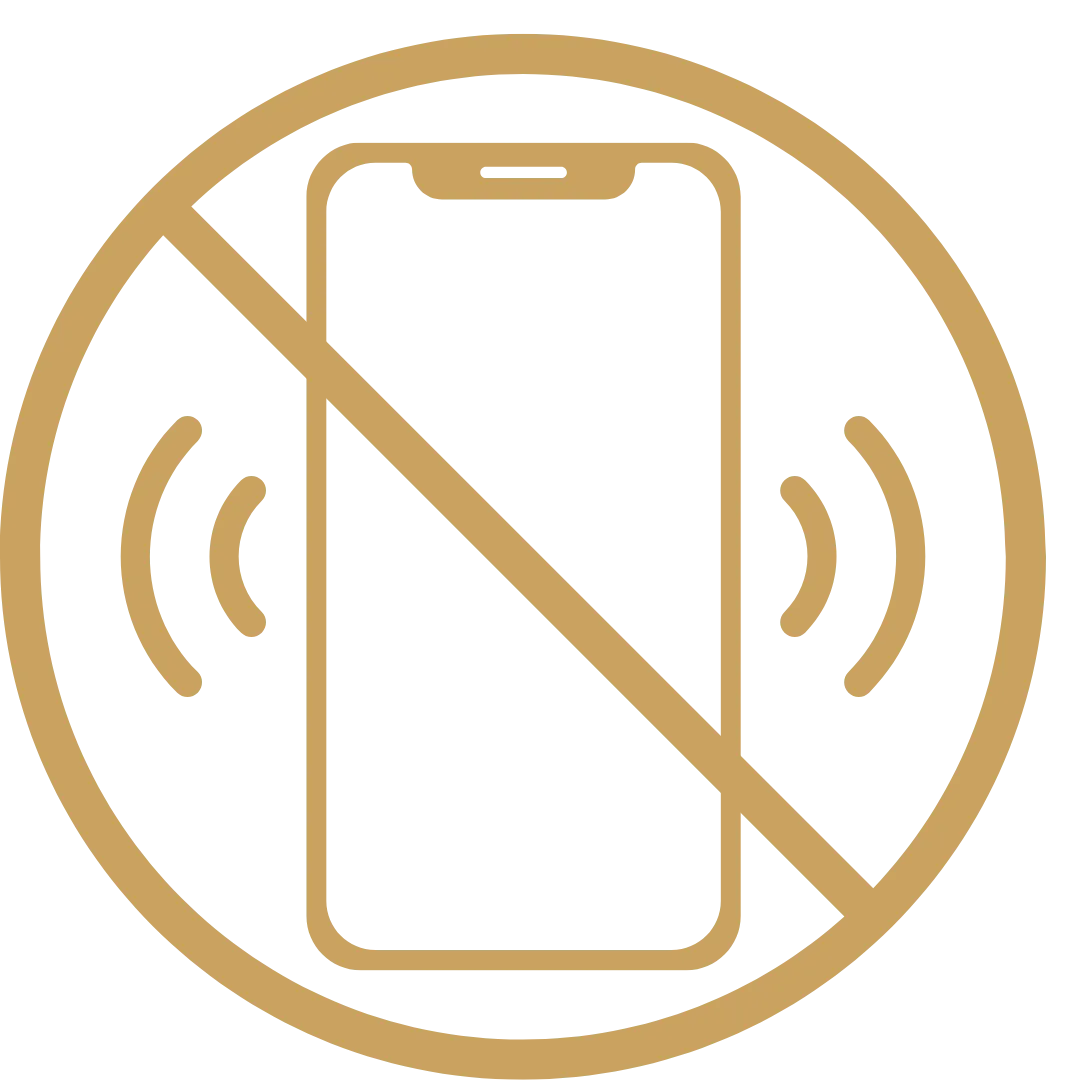
Stop Collections
End harassing calls and letters from collection agencies by enrolling in a debt settlement program.
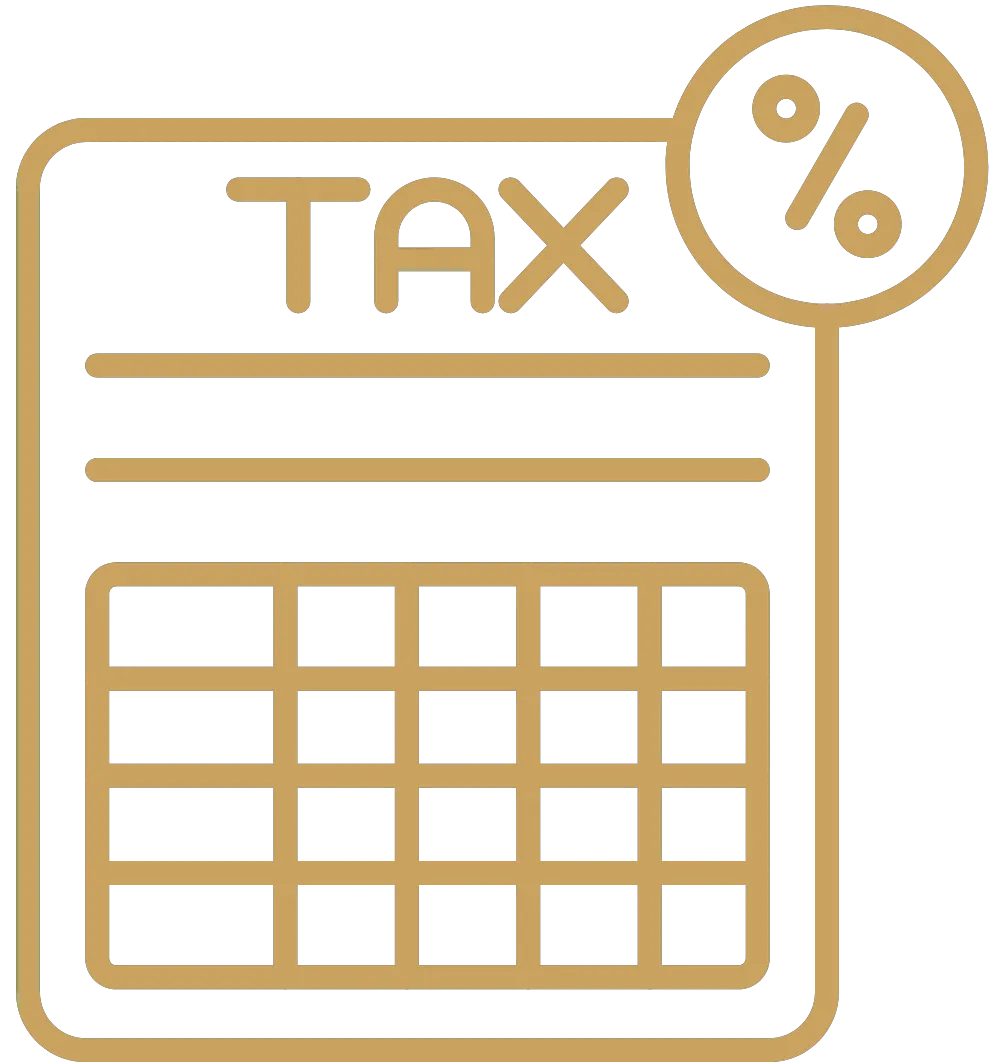
Tax Benefits
Understand the potential tax advantages of settling your debts for less than the full amount.
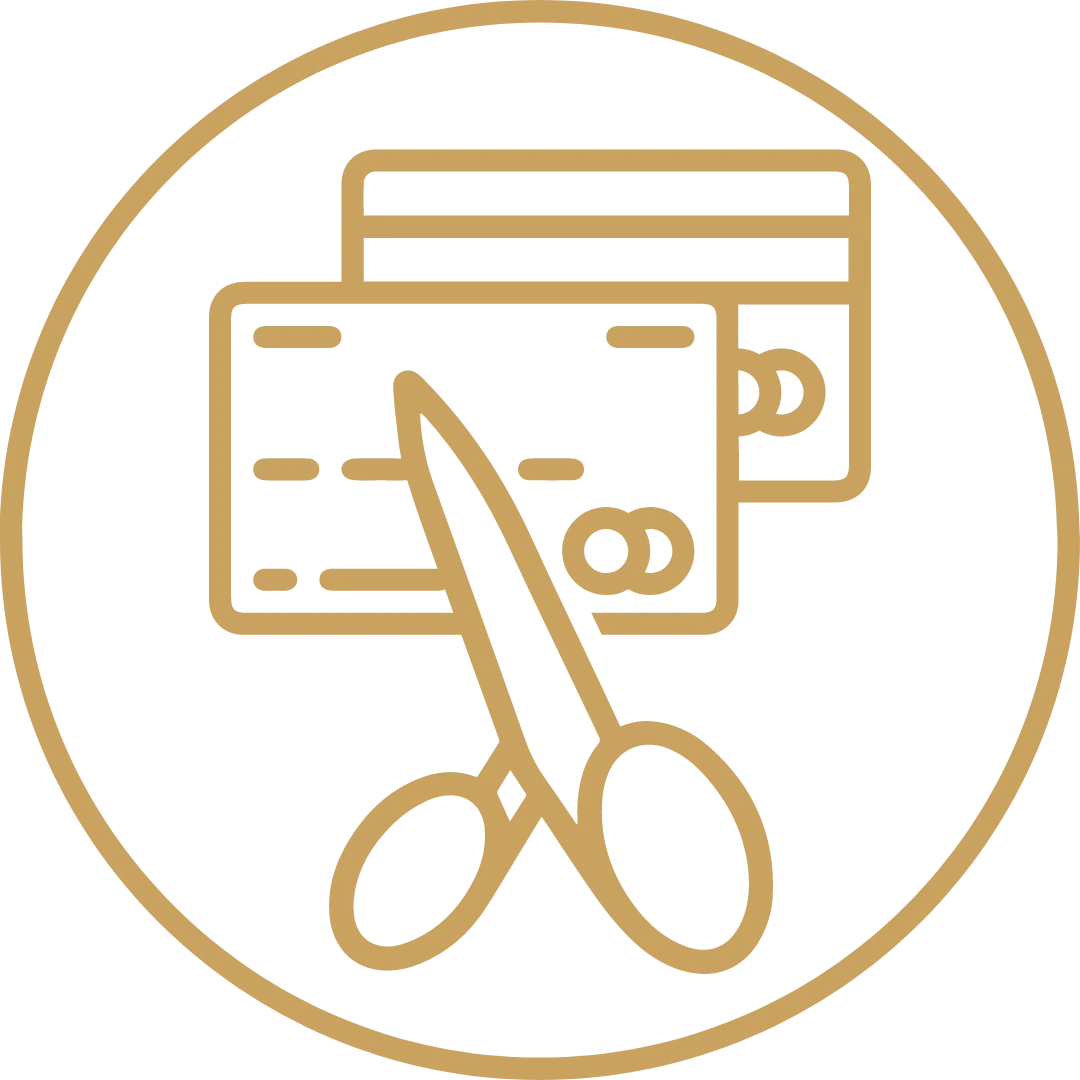
Become Debt-Free
Achieve financial freedom faster by resolving your debts through professional debt settlement services.

Our Proven Debt Settlement Process
At Second Start Financial, we follow a proven debt settlement process to help you achieve the best possible results. Here’s what you can expect:
1. Free Consultation: We’ll review your financial situation, explain your options, and determine if debt settlement is right for you.
2. Personalized Plan: We’ll create a customized debt settlement plan based on your unique circumstances, including your debt amount, income, and goals.
3. Dedicated Account: You’ll open a special account and make monthly deposits, which will be used to settle your debts.
4. Expert Negotiations: Our skilled negotiators will work with your creditors to achieve the lowest possible settlement amounts.
5. Debt Resolution: Once a settlement is reached, we’ll facilitate the payment to your creditor and ensure the debt is properly resolved.
BLOG
Our Latest Blogs
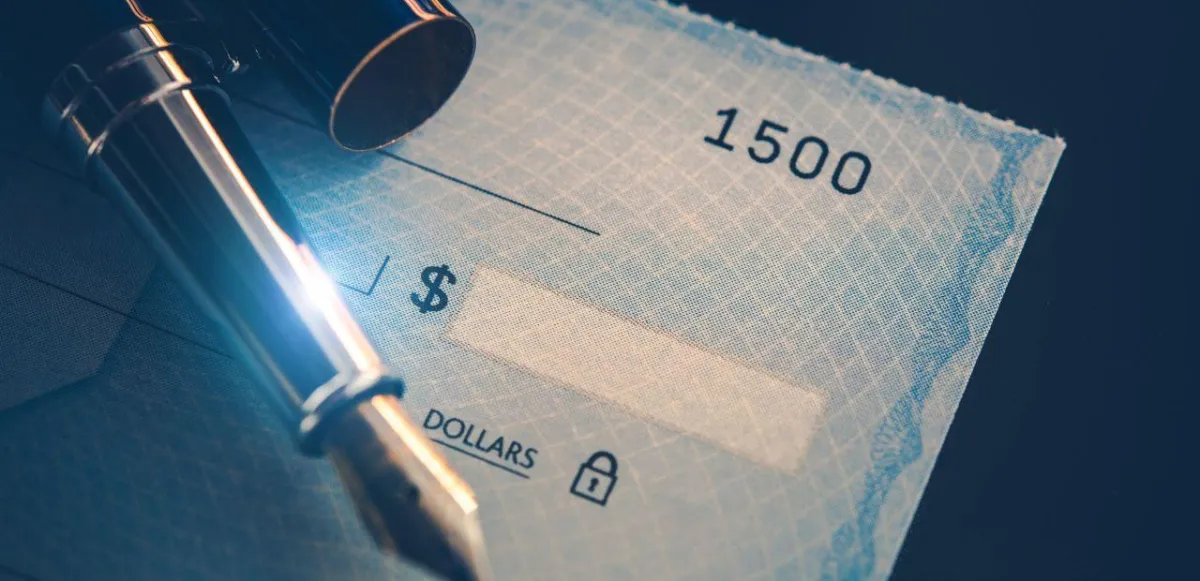
What Is Living Pay check To Pay check and How To Remove it?
A person is considered to be living paycheck to paycheck if they have no savings and have to pay all of their current expenses out of their next paycheck. This means that if there’s any disruption in income, such as a job loss or unexpected expense, it can lead to financial distress. Nearly 60% of Americans find themselves in this financially unstable situation, according to a recent survey. But what does it mean to living pay check to pay check, and more significantly, how does one become free of this cycle?
You may like to read our blog Signs That Show You Need Debt Counseling
What is Living Pay check to Pay check Lifestyle?
Low savings, lots of debt, stress over money, and limited financial options are all signs of this way of life. People in this situation usually don't have an emergency fund, so they could lose their money if they have to pay for something unexpected or their income goes down.
They have a lot of debt from credit cards, school loans, and other places, which makes it harder for them to save money or plan for the future. This makes people worry about money all the time, and their short-term needs drive their financial choices instead of their long-term goals. Living from paycheck to paycheck makes it hard to spend money on things you don't have to and doesn't allow for much financial growth or protection.
Steps to Break the Cycle
Get On A Budget
Everybody needs a budget, just like everyone needs a toothbrush. To take good care of your money, you should give each dollar a purpose and keep daily records of what you spend. You will find out about buying habits you didn't know you had. After that, you can make the changes you need to not only get by, but also plan for the future.
You can also think of planning as organizing your money in a way that works for you. And if you live from paycheck to paycheck, you need to get your money in order. Do it now. Make your first spending plan.
Have A Cash Flow Cushion
The cash-flow cushion is the extra money you keep in your bank account as a safety net. The exact amount will depend on how much you feel safe with, but it's usually enough to cover your bills for one month. This isn't a fund for emergencies. This cushion will instead keep your checking account safe, giving you peace of mind.
If, say, you normally spend $3,000 a month on bills, you should make sure that your bank account never drops below that amount. Having that money saved up can help you stop thinking about when your next paycheck is coming in and finally stop living from paycheck to paycheck.
Reduce and Manage Debt
Having a lot of debt can make it hard to be financially free. Pay off debts with high interest rates first, like credit card bills. You could lower your interest rate by combining your debt or talking to your creditors about getting better terms. Make a plan to pay off your debts and stick to it. Making regular payments will help you get out of debt faster.
Learn How To Handle Your Money
Getting a higher income can help you save money and pay off debt. Look for ways to make extra money, like part-time jobs, contract work, or turning your hobbies into businesses. If you can, you might want to ask for a raise or look for a job that pays more.
Knowing how to handle money is important for long-term financial health. Learn as much as you can about budgeting, investing, managing your bills, and personal finance. To learn more and get better at what you do, use tools like books, online classes, and financial advisors.
Long-term Strategies for Financial Health
Invest Wisely
Over time, investing can help your money grow. You could put your money into a savings account, the stock market, or real estate. Learn about the pros and cons of each type of investment and spread your money around to lower your risk.
Prepare For Retirement
Making plans for retirement is important if you want to be financially stable in your later years. Regularly put money into retirement accounts and use workplace matching programs if they're available. As your finances get better, try to raise the amount you contribute.
Check And Make Changes To Your Budget Regularly
Both financial circumstances and goals change over time. Review and change your budget often to account for changes in your income, spending, and financial goals. To keep your finances stable, be open and adjust to new situations.
Maintain Your Discipline And Patience
It takes time and effort to get out of the cycle of living from paycheck to paycheck and become financially stable. Keep your financial goals in mind and wait for things to happen. To stay inspired, keep track of the little wins along the way.
Bottom Lines
It is possible to stop living from paycheck to paycheck. It might not happen immediately, though; it could take a while. Especially if we need to get our families on board with the choice. There will also be hurdles and mistakes with any change that takes time. Avoid as many of those as you can, but allow yourself some leeway when they do happen.
It's better to take two steps forward and one step back than to never try at all. There are seven out of ten Americans who live from paycheck to paycheck. You don't have to be one of them, though.
If you’re looking for the best debt settlement services then look no further than Second Start Financial.
FAQs
Is it stressful to live from paycheck to paycheck?
You are not alone. A majority of Americans (65%) say they live paycheck to paycheck. Money worries can have far-reaching consequences. It can permeate every aspect of your life, manifesting as generalized anxiety, guilt, panic attacks, or difficulty sleeping at night.
What steps can I take to get out of debt?
Follow the 50/30/20 Rule. Put half of your salary toward necessities, thirty percent for desires, and twenty percent toward savings and paying off debt. Adjusting these percentages to meet your specific goals will help you save faster. Save your raises and bonuses. Resist the urge to increase your expenditures with each promotion or bonus.
How can I avoid living paycheck to paycheck?
You may gain financial control and establish a more secure future by making a budget, managing your expenses, growing your income, living within your means, and starting an emergency fund. Remember that little modifications and constant work can result in large financial gains over time.
Debt FAQ's
What is debt settlement?
Debt settlement is a process where a debtor and creditor agree to settle a debt for less than the full amount owed. This can help the debtor pay off their debt more quickly and affordably than continuing to make minimum payments.
How does debt settlement work?
Our debt settlement program works by negotiating with your creditors to settle your debts for less than the full amount owed. You make regular payments into a savings account, which we use to negotiate with your creditors on your behalf. Once a settlement is reached, you make a one-time payment to settle the debt.
Will debt settlement affect my credit score?
Yes, debt settlement may have a negative impact on your credit score. However, if you’re already struggling with high levels of debt, your credit score may already be affected. Our goal is to help you become debt-free as quickly and affordably as possible, so you can start rebuilding your credit score.
What types of debt can be settled?
Generally, unsecured debts like credit card debt, medical bills, and personal loans can be settled through our debt settlement program. However, certain types of debt like student loans and tax debt cannot be settled through debt settlement
How long does debt settlement take?
The length of the debt settlement process can vary depending on your specific financial situation and the amount of debt you have. However, most of our clients are able to become debt-free in 24-48 months.
TESTIMONIALS
A few years ago, my husband and I enrolled in this program, and it was a lifesaver. It truly helped us out of a difficult situation.
Claire Martinez
I couldn’t have hoped for a better solution to help me with my debt. Second Start Financial has exceeded my expectations and helped me pay off my debt sooner than I anticipated. The approval process was quick and painless, and now I’m on my way to regaining control of my life and improving my creditworthiness. Thank you so much!
Samantha Bailey






At Second Start Financial, we are dedicated to helping you regain control of your life. Our mission is to provide you with effective debt relief solutions that address your unique financial situation.
At Second Start Financial serves the following States only:
Alabama | Alaska | Arizona | Arkansas | California | Colorado | Florida | Georgia | Idaho | Illinois | Indiana | Iowa | Kentucky | Louisiana | Maryland | Massachusetts | Michigan | Mississippi | Missouri | Montana | Nebraska | Nevada | New Jersey | New Mexico | New York | Ohio | Oklahoma | Pennsylvania | South Dakota | Tennessee | Texas | Utah | Virginia | Wisconsin
Disclaimer:
Second Start Financial Inc is not a Broker or Lender. The role of Second Start Financial is to connect potential borrowers with lenders and financial service providers. Second Start Financial does not provide credit offers or solicit lending. The website and its operators solely offer a connection/matching service and are not agents, representatives, or brokers of any lender. They do not make credit decisions and do not charge potential borrowers for any loan or product.












